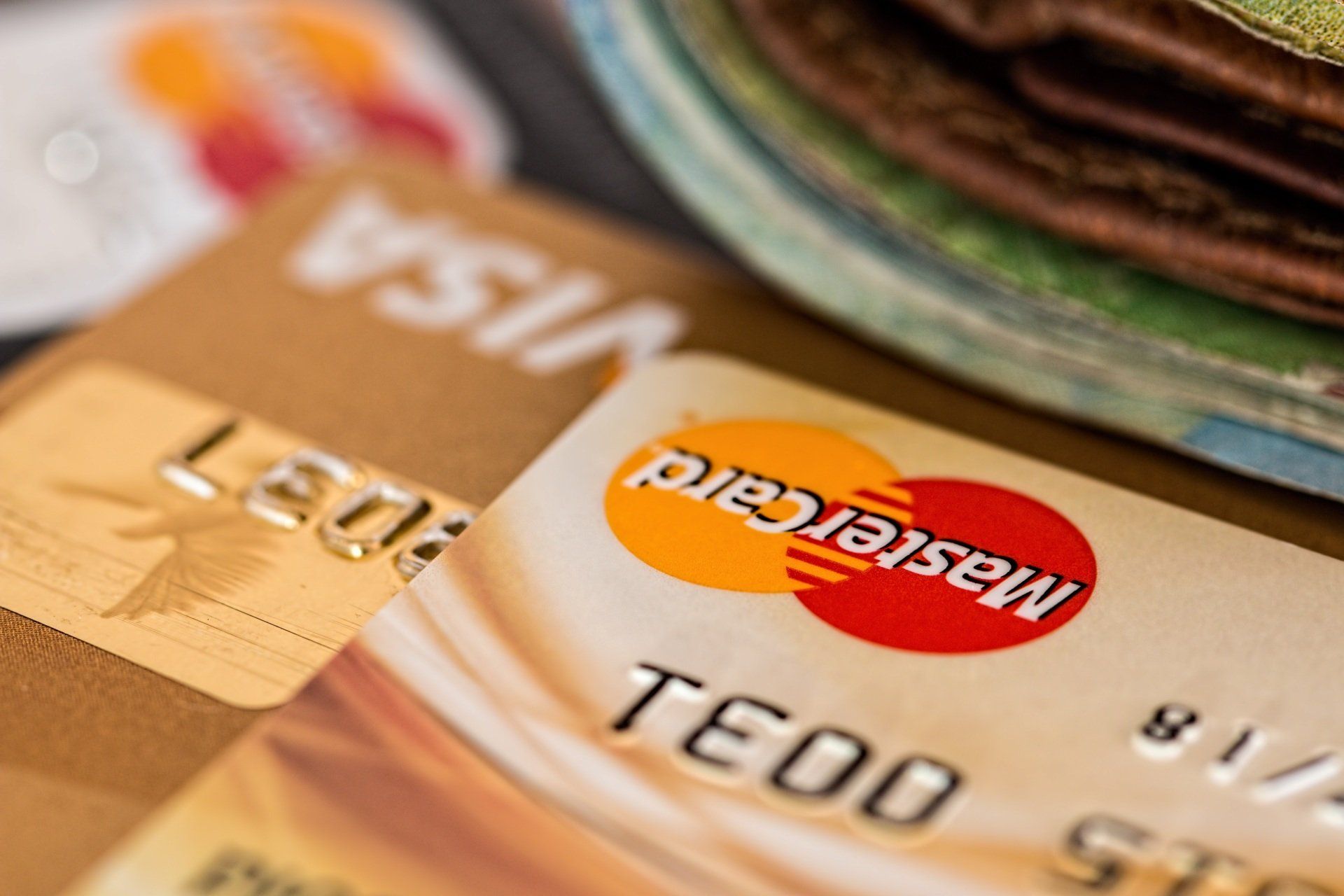Do You Know Your Number?
Credit Scores Explained

Do you know your number? Your credit score (also commonly known as a FICOscore) is an indication of how you pay your bills. It helps mortgage companies, landlords, and other creditors decide whether you are trustworthy and will pay back the debt. Car insurance companies also base the cost of your insurance on
your credit score.
A credit score is a number between 300 and 850. Someone with a score under 500
is deemed highly unlikely to pay their bills while someone with a score close to 850
is a good credit risk.
760 – 850 = Excellent 620 – 659 = Fair
700 – 759 = Very Good 580 – 619 = Poor
660 – 669 = Good 500 – 579 = Very Poor
Your credit score also affects the interest rate that you will be able to get on a loan. If your score is very low, you might still be able to qualify for that car, but you will be paying a very high interest rate.
Your score is determined by several factors including the amount of outstanding debt you have as well as the timeliness of your payments. Making all your payments on time is critical. A single missed credit card payment, for example, can cause a devastating drop in your score. We have seen some buyers have their mortgage
denied during the escrow period because of just one late credit card payment.
Unfortunately, many credit reports have errors. Many times scores are low because of unpaid bills, usually medical bills that you may have never seen. You are entitled to a free copy of your credit report each year from one of the three major credit reporting agencies (Experian, Equifax, and TransUnion).
Take control of your finances, check your credit report for errors today, and ifneeded, work on increasing your score for a brighter future.














